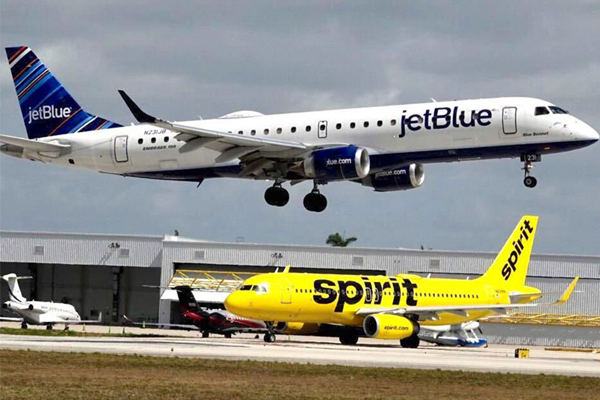The BlueGreen Alliance, a national partnership of labor unions and environmental organizations, launched a new web tool on Wednesday to help workers across America safely and anonymously report unsafe work conditions, while also learning about workers’ rights and getting access to critical safety information during the COVID-19 pandemic.

SafeJobChecklist.org launched at 11 a.m. and included six questions that help users determine whether the “guidance” from the federal government was achieving its goals without adequate oversight from the Occupational Safety and Health Administration (OSHA).
“OSHA is not doing its job to create enforceable rules that make sure employers are doing their part to keep workers safe on the job, so we’re taking action to get workers the information they need,” BlueGreen Alliance Executive Director Jason Walsh said. “This is an easy-to-use tool that informs workers about the steps their employer should take to keep them safe on the job during COVID-19 and allows them the opportunity to anonymously report their conditions.”
There is a strong gap between people who have a strong union and the millions of people who don’t have a strong union but aren’t also anywhere near a strong union, according to the BlueGreen Alliance’s Vice President of Health Initiative Charlotte Brody.
“It took us about a month,” said Brody about the creation of the online tool. “We didn’t want to just say it was anonymous, but we also wanted to have a site that protected workers that don’t have a union or an OSHA that is going to protect them. So it took us a while to design a site that was really doing that.”
The tool helps workers learn about what they need to have and gives them the space to describe what they don’t have to press OSHA to create a strong enforceable federal mandate to help save lives during this crisis, according to Brody.
“We just want to do more to protect workers,” said Brody. “We have been reading the same newspaper articles as everybody else.”

In Washington State, there is language turning the advisory notes of OSHA into a rule, according to Brody, who hopes more workers use the tool to help stand up for themselves.
“So far the feedback [on the tool] has been really affirming,” said Brody. “We had many people responding and saying things like ‘we were just asking this question yesterday’ or ‘I know six places that I’m going to send this too.'”
Some of the workers who responded are in retail, work at warehouses, and are in package delivery and manufacturing, according to Brody.
“The response today has shown the difference of what a strong union can make,” said Brody. “The places that have safety and health teams that fitted everybody for a respirator months ago have been negotiating strong ventilation for years and have really good pay sick day programs. They are beyond this tool, but many aren’t.”
Despite being proud of the tool, Brody wishes there wasn’t a need for it to begin with.
“It’s horrible to even talk about, but if we can save a life then the work that went into this website is way worth it,” said Brody.
In Albemarle County, Virginia, cases for COVID-19 have gone up 50-percent in the last two weeks, according to Brody.
“We don’t even have the worst of it,” said Brody. “There’s another county with chicken processing plants, which is 16 times worst than us.”
Brody believes a better response from the Trump Administration and a stronger OSHA should have protected the workers and is what we need right now. She is hoping for an amendment in the HEROES Act by U.S. Rep. Bobby Scott (D-VA) — the COVID-19 Workers Protection Act of 2020 — that would require OSHA to issue an emergency temporary standard so that health care facilities implement comprehensive infectious disease exposure control.
“If we can’t do this federally the states’ rights are right there,” said Brody. “We need to use this tool and people’s voices.”
Brody hopes the tool will make workers feel a little less powerless and could be used to help people advocate for themselves and others.
“This is an important resource for anyone on the job or that is heading back to work as states reopen,” added Walsh.



